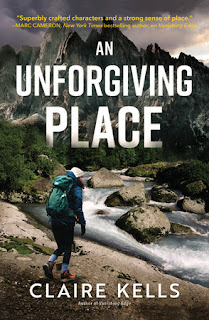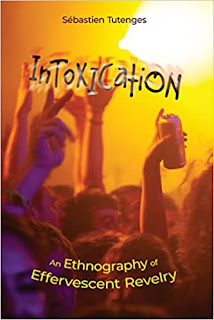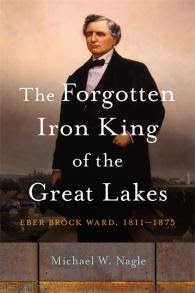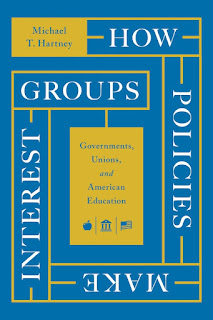
About the book, from the publisher:
In this riotous young adult romp for fans of Recommended for You and A Cuban Girl’s Guide to Tea and Tomorrow, a teen girl has the worst Valentine’s Day ever—only to relive it over and over again.Visit Lynn Painter's website.
After living through a dumpster fire of a Valentine’s Day, Emilie Hornby escapes to her grandmother’s house for some comfort and a consolation pint of Ben & Jerry’s. She passes out on the couch, but when she wakes up, she’s back home in her own bed—and it’s Valentine’s Day all over again. And the next day? Another nightmare V-Day.
Emilie is stuck in some sort of time loop nightmare that she can’t wake up from as she re-watches her boyfriend, Josh, cheat on her day after day. In addition to Josh’s recurring infidelity, Emilie can’t get away from the enigmatic Nick, who she keeps running into—sometimes literally—in unfortunate ways.
How many days can one girl passively watch her life go up in flames? And when something good starts to come out of these terrible days, what happens when the universe stops doling out do-overs?
Q&A with Lynn Painter.
--Marshal Zeringue






































